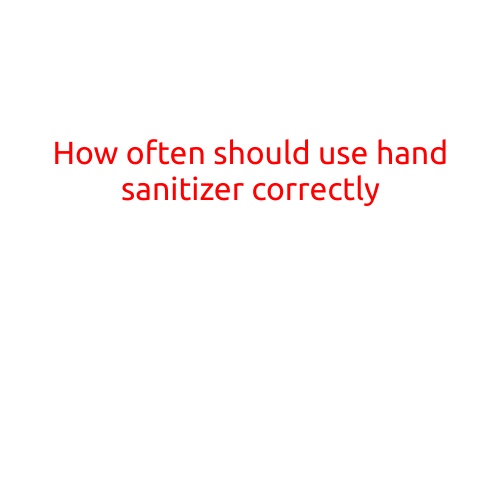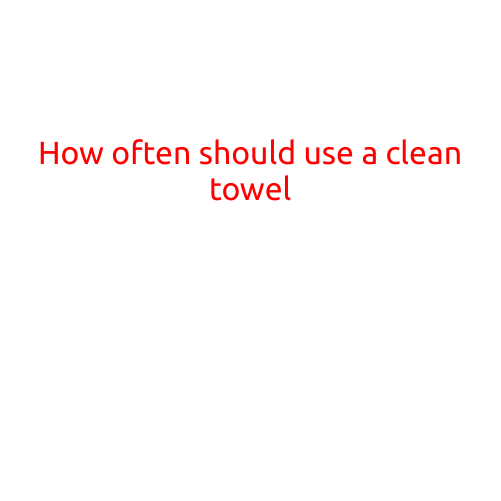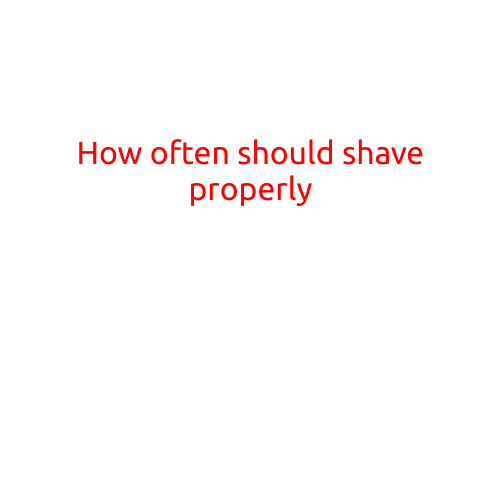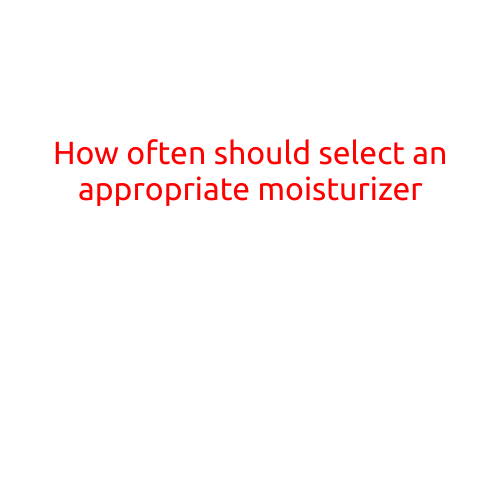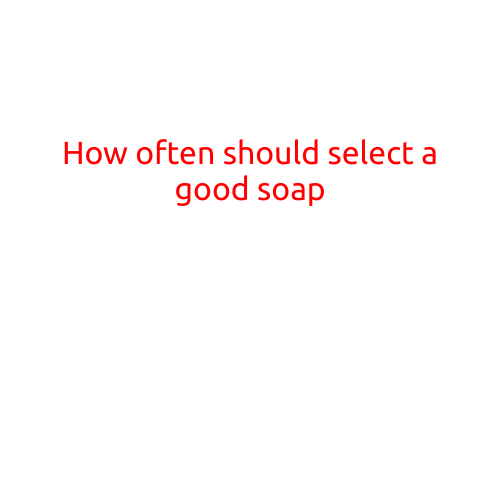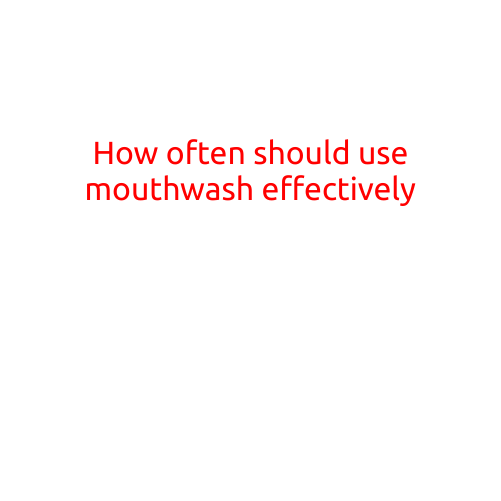
How Often Should You Use Mouthwash Effectively?
Using mouthwash as part of your oral care routine can be a great way to keep your mouth clean and fresh. However, with so many products on the market, it can be overwhelming to know how often to use mouthwash to get the most out of it. In this article, we’ll dive into the details of how often you should use mouthwash effectively, and what to look for in a mouthwash.
Why is mouthwash Important?
Mouthwash is a liquid solution that helps to kill bacteria, reduce plaque, and freshen your breath. It’s especially important for people who experience persistent bad breath (halitosis), have dry mouth (xerostomia), or are at risk for periodontal disease. Mouthwash can also be a useful addition to your oral care routine if you wear dentures, have a tongue piercing, or have medical conditions that affect your oral health.
How Often Should You Use Mouthwash?
The frequency of mouthwash use depends on several factors, including your oral health goals, the type of mouthwash you use, and any health conditions you may have. Here are some general guidelines:
- Daily use: If you’re using a mouthwash specifically designed for daily use, you can use it once a day, usually in the morning or evening before brushing your teeth. Daily use mouthwashes typically contain ingredients like antibacterial agents, fluoride, and natural oils that help to keep your mouth clean and fresh.
- When you visit the dentist: If you’re using a mouthwash for a specific oral health issue, such as gum disease or tooth sensitivity, your dentist may recommend using it every day for a specific period, usually until the issue is resolved.
- As needed: If you’re experiencing bad breath or dry mouth, you can use mouthwash as needed, usually once a day or as directed by your dentist.
What to Look for in a Mouthwash
Not all mouthwashes are created equal, so it’s important to choose one that meets your oral health needs. Here are some things to look for:
- Antibacterial ingredients: Look for mouthwashes that contain antibacterial agents like chlorhexidine, cetylpyridinium chloride, or essential oils that help to kill bacteria and reduce plaque.
- Fluoride: Fluoride helps to strengthen tooth enamel and prevent tooth decay, so choose a mouthwash that contains fluoride.
- Natural ingredients: If you’re sensitive to chemicals or prefer natural products, look for mouthwashes that contain natural ingredients like aloe vera, tea tree oil, or eucalyptus oil.
- ADA approval: The American Dental Association (ADA) seal of approval on a mouthwash means that it has met certain standards for safety and efficacy.
Tips for Effective Use
Here are some tips to help you use mouthwash effectively:
- Read the label: Always read the label and follow the instructions for use.
- Use the correct amount: Use the recommended amount of mouthwash (usually 10-30ml) to get the most out of your rinse.
- Rinse for the right amount of time: Rinse with mouthwash for 30 seconds to 1 minute to allow the ingredients to work their magic.
- Don’t swallow: Spit out the mouthwash after rinsing, and don’t swallow it.
Conclusion
Using mouthwash effectively is an important part of maintaining good oral health. By following the guidelines outlined in this article, you can get the most out of your mouthwash and enjoy a clean, fresh, and healthy mouth. Remember to choose a mouthwash that meets your oral health needs, and follow the tips for effective use to get the best results.
